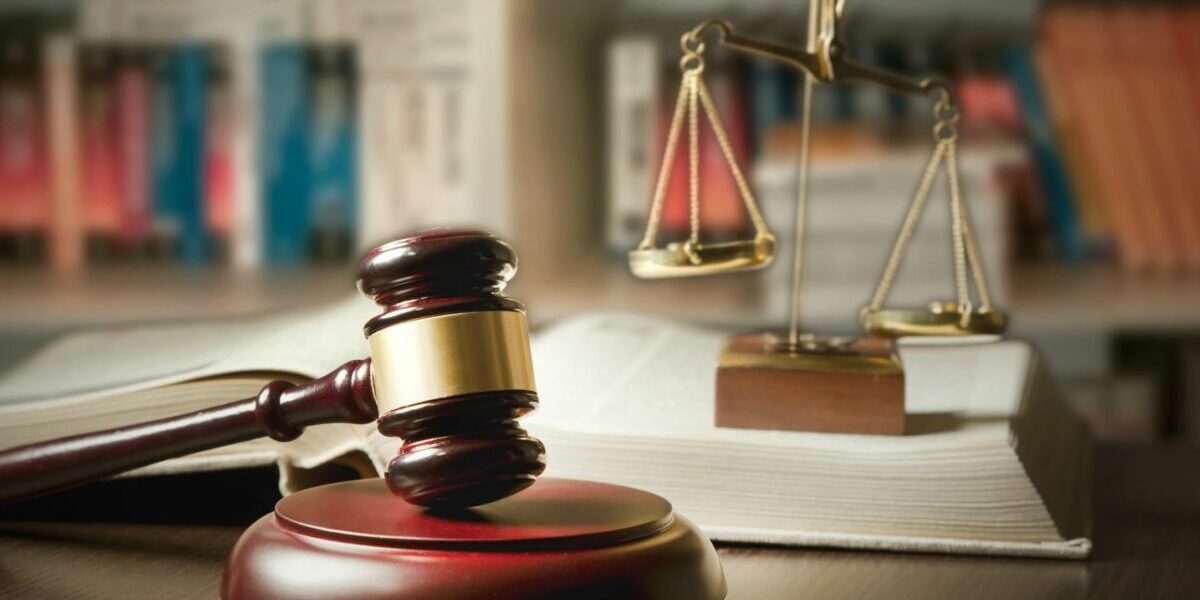Search Posts
Recent Posts
- Do you meet the definition of an “Accredited Investor” under the new SEC Rules? December 8, 2020
- Do You Really Have Time To Read & Understand The Heroes Act? November 23, 2020
- Governor Newsom – Please Order all Court Buildings in the State of California Closed starting March 16 March 15, 2020
- Three Men Arrested in $722 Million Cryptocurrency Fraud Scheme Targeting “Dumb” Investors December 10, 2019
- Should Court Transcripts be Provided to Parties Free of Charge? December 3, 2019
Categories
Subscribe!
Thanks for subscribing! Please check your email for further instructions.

The U.S. Supreme Court may revoke the SEC’s Disgorgement Power in Liu v. SEC
What legal issue will the U.S. Supreme Court decide in Liu v. SEC?
The U.S. Supreme Court (SCOTUS) granted cert on November 1, 2019 to determine whether the U.S. Securities and Exchange Commission (SEC) may seek and obtain disgorgement from a court as “equitable relief” for a securities law violation even though the SCOTUS has determined that such disgorgement is a penalty.
Why would the Supreme Court potentially revoke the SEC’s Disgorgement Power?
Charles C. Liu and Xin Wang a/k/a Lisa Wang (Petitioners) argue that the SCOTUS should revoke the SEC’s disgorgement power because the SEC routinely pursues a form of relief, disgorgement, that Congress never authorized.
Petitioners, who have been ordered to disgorge $26 million in ill-gotten gains, are relying on SCOTUS’ holding in Kokesh v. SEC “that SEC disgorgement constitutes a penalty” and cannot be considered an equitable remedy. Additionally, Petitioners were able to persuade the SCOTUS to review this legal issue because it has arisen repeatedly and the lower courts, including the Ninth Circuit, have not aligned their precedents with the SCOTUS’ aforementioned holding in Kokesh v. SEC.
What is the likelihood that the SEC will lose its’ Disgorgement Power?
There is a fair chance that the SCOTUS will rule in favor of the Petitioners given that the holding in Kokesh v. SEC limited the SEC’s ability to seek disgorgement within a 5-year statute of limitations. If the SCOTUS rules in favor of the Petitioners, it will have a tremendous negative impact on the SEC and result in a great deal of chaos.
Please email me with questions or leave a comment below!